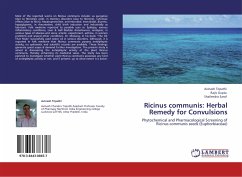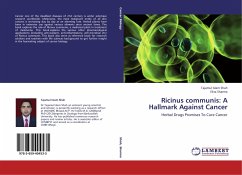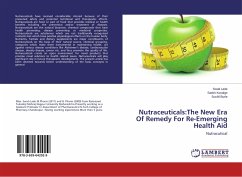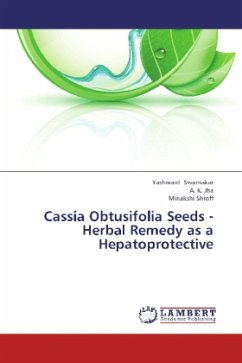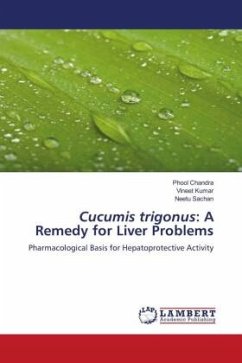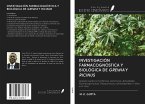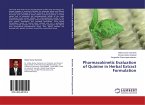Most of the reported works on Ricinus communis include: as purgative (due to Ricinoleic acid), in memory disorders (due to Ricinine), Cytotoxic effects (due to Ricin), hepatoprotective, anti-microbial, insecticidal, diuretic, hypoglycemic, in rheumatism, child birth induction and industrially as lubricant. Folk medicine reported its possible uses in: Epilepsy, various inflammatory conditions, Liver & Gall bladder disturbances, analgesic, in various types of abscess and sores, emetic, expectorant, asthma, in women problems and several other conditions. Dr. McGarey, in his book The Oil That Heals successfully used castor oil in various disorders. Although, it is reported in folk medicine that Ricinus communis possess antiepileptic activity, no systematic and scientific records are available. These findings generate great scope & demand further investigation. The present study is aimed at discovering the antiepileptic activity of the plant Ricinus communis, thereby enhancing its medicinal value. The study has been planned to investigate whether plant Ricinus communis possesses any kind of antiepileptic activity or not, and if present, up to what extent it is active.

